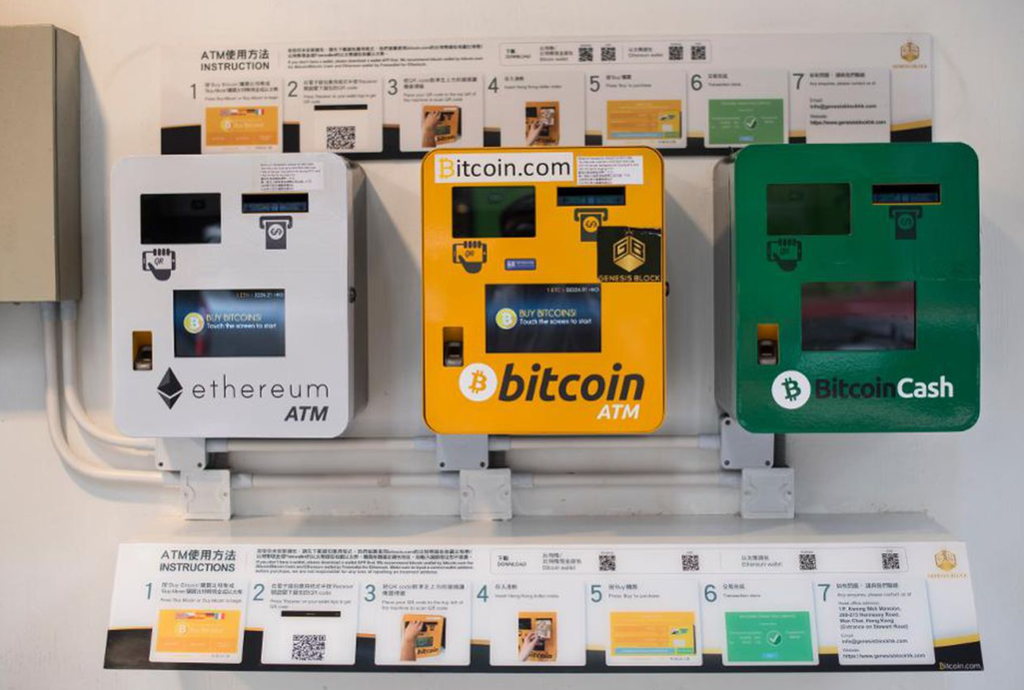Gaia Co., a local exchange, has announced intentions to introduce 130 crypto ATMs over the next three years, beginning with Tokyo and Osaka.

After a protracted four-year absence, crypto ATMs, or BTMs as they are known locally, are once again available in Japan.
Gaia Co., Ltd., a local cryptocurrency exchange company, declared on Tuesday that it will soon introduce BTMs that support Bitcoin (BTC), Litecoin (LTC), Ether (ETH), Bitcoin Cash (BCH), and Bitcoin (LTC).
Despite the fact that Tokyo saw the introduction of Bitcoin ATMs as early as 2014, the nation has not had any operational digital asset ATMs since the crypto winter of 2018, when the local exchange Coincheck was compromised for $530 million, bringing the local market to its knees and snuffing out interest in crypto ATMs.
The BTMs will initially be erected in locations throughout Tokyo and Osaka, but the company has stated plans to install 50 BTMs across the nation within the next year. Within the following three years, the company said it hoped to extend the installed base to 130 BTMs.
The maximum withdrawal amount from the BTMs is $2,243, or 300,000 Japanese yen, per day, with a per-transaction maximum of $747, or 100,000 JPY. The restricted withdrawals are a component of compliance procedures for anti-money laundering (AML).
In Japan, a locally registered cryptocurrency company has never before erected a crypto ATM, according to a story published on Wednesday by local media outlet Mainichi Shimbun.
Users must register with the company to receive a unique card that enables them to withdraw money from the BTMs. Once authorized, users can use their smartphones to send crypto assets to the BTM and then use them to withdraw cash in yen.
The country’s existing withdrawal process, which frequently requires a few days to move funds from an exchange to a local bank account, would be sped up by the BTMs, according to the Japanese-language publication.
Has interest in crypto returned?
In the wake of the Coincheck hack and the $500 million Mt. Gox crypto exchange hack in 2014, the government decided to take a hands-off policy and delegate monitoring to the self-regulatory organization Japan Virtual Currency Exchange Association (JVCEA).
But it seems that this year the government is once again motivated to support the market’s expansion.
As was previously reported in July, the JVCEA received “severe warnings” from Japan’s Financial Services Agency (FSA) to expedite the implementation of AML regulations.
Prime Minister Fumio Kishida has also urged the organization to shorten the time it takes to vet new digital asset listing requests from regional exchanges.
The Minister’s Secretariat at the Ministry of Economy, Trade, and Industry (METI) recently welcomed the opening of its historic Web3 Policy Office. The newly created organization will aim to create a cutting-edge business climate for Web3 businesses and to implement regulations to promote the industry.
